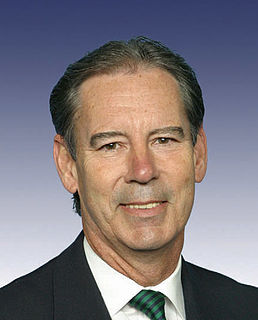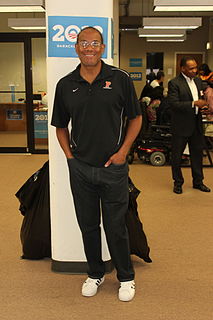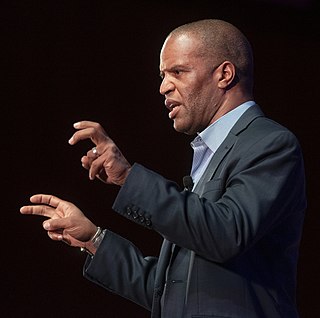A Quote by George Karl
Financial literacy is not an end in itself, but a step-by-step process. It begins in childhood and continues throughout a person's life all the way to retirement. Instilling the financial-literacy message in children is especially important, because they will carry it for the rest of their lives. The results of the survey are very encouraging, and we want to do our part to make sure all children develop and strengthen their financial-literacy skills.
Related Quotes
We don't invest in financial literacy in a meaningful way. We should be teaching elementary school children how to balance a checkbook, how to do basic accounting, why it's important to pay your bills on time. First, education. Begin the learning process as early as possible, in elementary school. Second, encourage and support entrepreneurism. Third, policy. I know it's a priority of the US Treasury to augment financial inclusion and increase financial literacy.
The Harper Government is committed to ensuring that seniors have the skills they need to make solid financial choices. Seniors today face an increasingly complex financial marketplace, and it will take the combined efforts of public and private sector organizations to help seniors navigate the many financial choices they face. The start of Financial Literacy Month is an excellent opportunity to thank the Canadian Bankers Association and encourage other private sector organizations to take an active role in providing financial literacy support to Canada's seniors.
In terms of my profession, I'm passionate about financial literacy. I want to live in a financially literate society. I want kids to understand the importance of savings and investing. I want to try to replicate the great savers who came out of the Depression, the best savers the country has ever seen. It's crucial that people understand the importance of financial literacy, because it's actually life saving.
Literacy is part of everyday social practice - it mediates all aspects of everyday life. Literacy is always part of something else - we are always doing something with it. Its what we choose to do with it that is important. There are a range of contemporary literacies available to us - while print literacy was the first mass media, it is now one of the mass media.






































